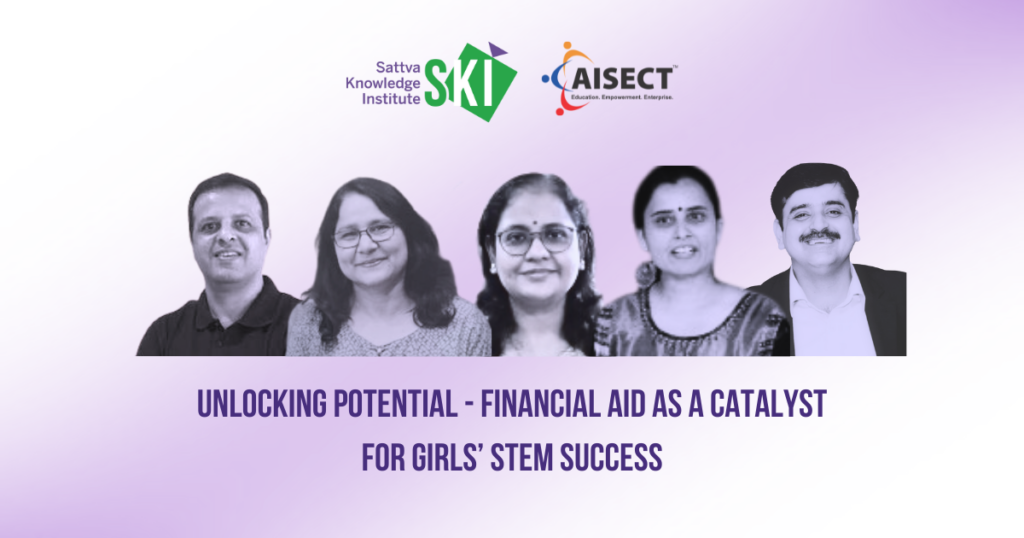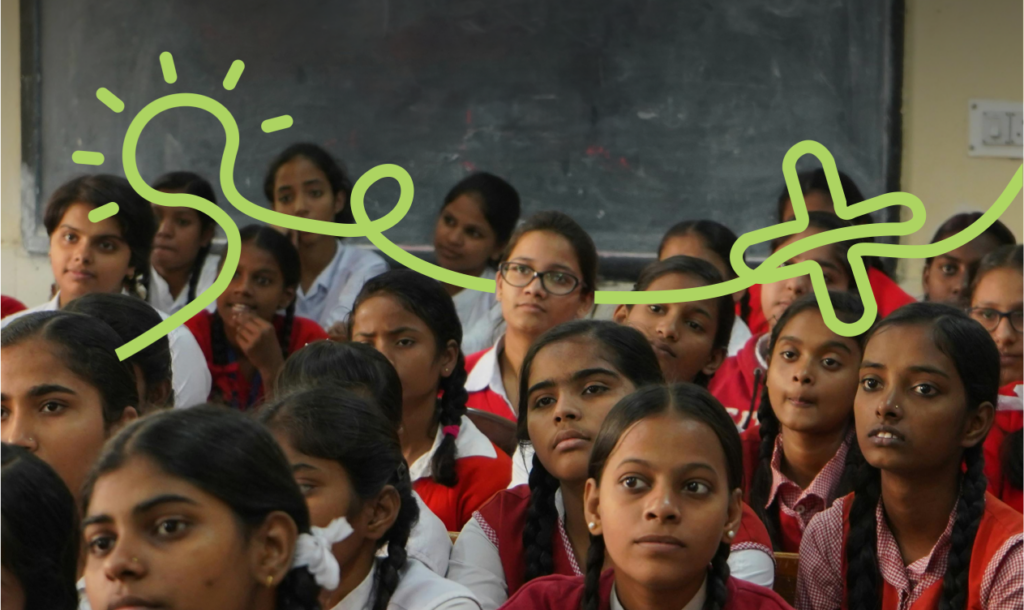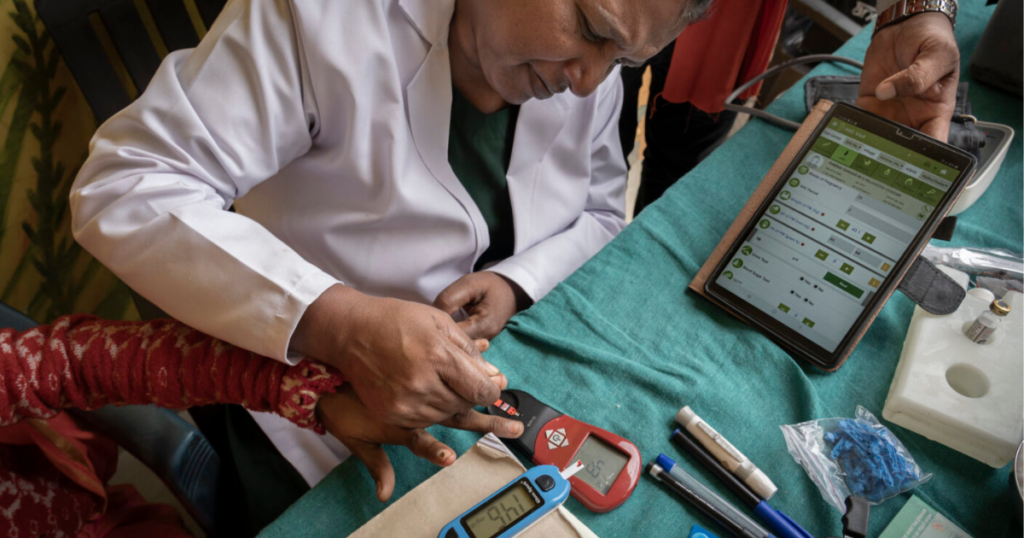India has witnessed a significant rise in mental health concerns among children and adolescents, especially since the COVID-19 pandemic. Stigma and lack of awareness lead to low health-seeking behaviours and poor attitudes regarding mental health.
Policies such as the National Education Policy 2020, supported by overarching provisions of the National Mental Health Policy 2014, signal the prioritisation of mental health for children and adolescents. At a programmatic level, the School Health and Wellness Programme 2020 is a critical step towards providing a targeted curriculum on “Emotional Well-being and Mental Health”, among ten other themes, to school students of all ages. However, state performance of the programme is varied and results are yet to be seen. The World Health Organization (WHO) recognises that Social Emotional Learning (SEL) and life skills are important ways of preventing health problems as well as promoting mental well-being in a positive and non-stigmatising way.
This perspective captures insights from primary interviews with 12 non-governmental organisations and experts in the field of mental health and SEL among children and adolescents. This includes existing solutions and approaches, challenges in integration at all levels, recommendations to enhance effectiveness of interventions, and whitespaces and focus areas for evidence-generation and action by stakeholders.
Individual stakeholders are directly in contact with children and adolescents, and have a critical role to play. Limited capacity, motivation and time pose barriers to delivery by teachers. Interventions need to focus on integrating practical mental health concepts in training modules and in the process, enable mental well-being of teachers themselves. Efficient models for counsellors’ engagement with multiple schools can reduce resource-intensivity in their engagement. Parents and caregivers can be engaged through community outreach, digital modes for engagement, home-based activities and school-based platforms. Peer educators as a safe and trusted support for students are critical, and should be trained and supported adequately.
Driving ownership at the school administration level is critical in creating a safe environment in schools, integrating mental health systematically, formulating an approach for student engagement and establishing referral pathways. Addressing the lack of information and capacity building to implement such programmes is important. More evidence should be generated to evaluate long-term outcomes and enable stakeholders to use well-evidenced indicators to measure impact on an ongoing basis. Given the complex nature of mental health, a multi-pronged approach is needed to design tools and evaluate long-term outcomes, and there is scope for more work in this space. Concerted efforts should be made to ensure that curricula are developed involving students, adapted to local contexts and needs, and delivered in a participatory and relatable manner. These aspects make up one of many components of the overall systemic solution to integrate mental health in schools.
Contributors: Yashasvi Murali, Disha Kouli and Lakshmi Sethuraman.
We are grateful to Dr. Chetna Duggal, Associate Professor in the School of Human Ecology (SHE), Project Director, School Initiative for Mental Health Advocacy (SIMHA) & Rahbar, Tata Institute of Social Sciences (TISS), for her valuable insights that helped shape this perspective.




